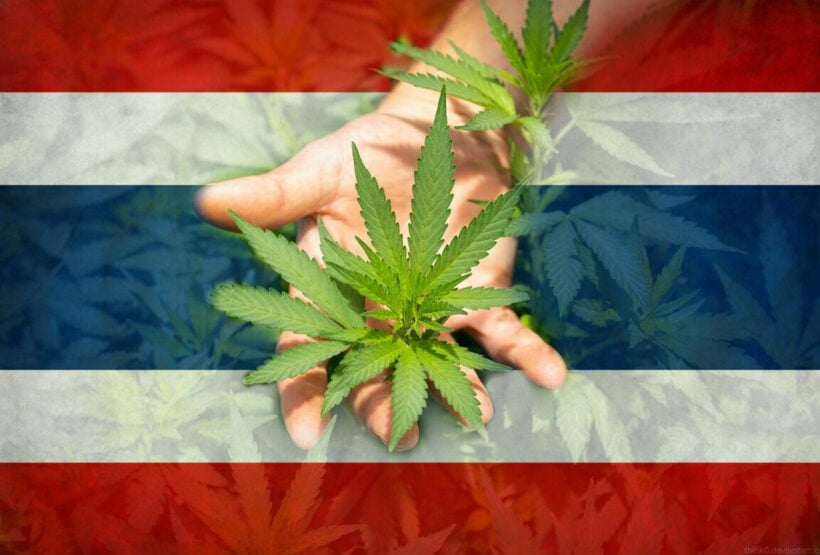Plan to land Thai cannabis on UNESCO intangible cultural heritage list

[Intangible: adj. Incapable of being perceived by the senses.] While some would call the effects of marijuana anything but intangible, the Ministry of Culture is planning to get Thai ganja on the UNESCO “intangible cultural heritage” list. The ministry claims that Thai cannabis has been used in all regions of the country as a herb, while locally grown weed has gained popularity abroad.
The United Nations Educational, Scientific and Cultural Organization maintains an esteemed list of world heritage sites, but also a list of intangible cultural heritage, which they define as “a practice, representation, expression, knowledge, or skill considered by UNESCO to be part of a place’s cultural heritage.” The Deputy Director-General of the Department of Thai Traditional and Alternative Medicine explains the government’s strategy to gain global attention for Thailand’s emerging cannabis industry.
“If UNESCO registers Thai cannabis as sort of a world heritage, known as an ‘intangible cultural heritage’, it will help spread the reputation of using cannabis for health and one that originates from Thailand.”
The first step to being added to the UNESCO list is a registration of a National Wisdom Heritage of Thailand. That would involve gathering 30 species of cannabis from Thailand and registering it, which the Ministry of Culture intends to do by March of 2022. After that, the path is cleared to allow Thailand to apply in 2023 to be added to the UNESCO intangible cultural heritage list.
The plan was perhaps inspired by the success Thailand had in 2019, when the Ministry of Culture partnered with the Ministry of Public Health to successfully petition UNESCO to get Thai massage registered on the intangible cultural heritage list.
SOURCE: Nation Thailand
Latest Thailand News
Follow The Thaiger on Google News:


























